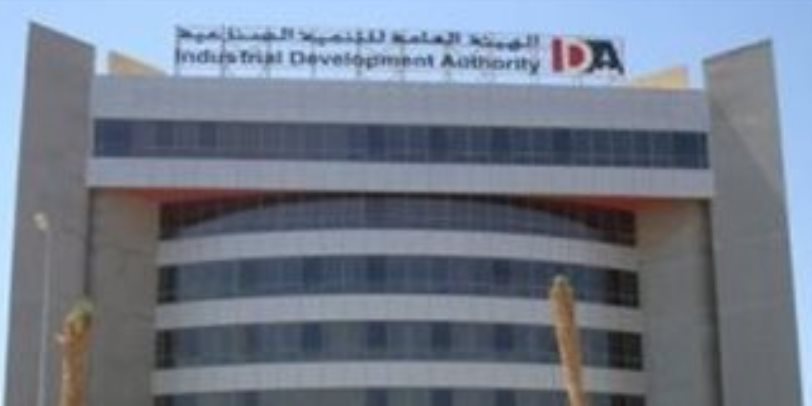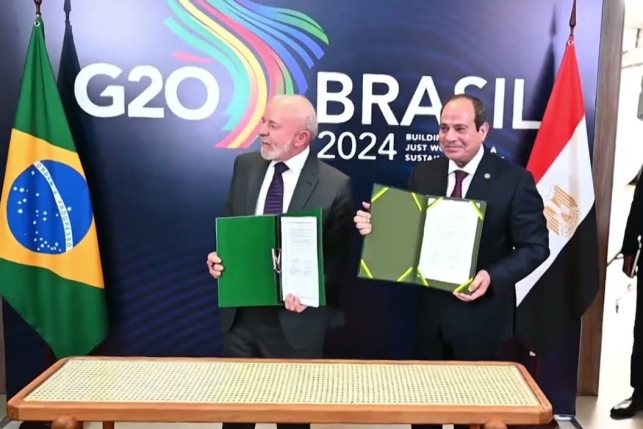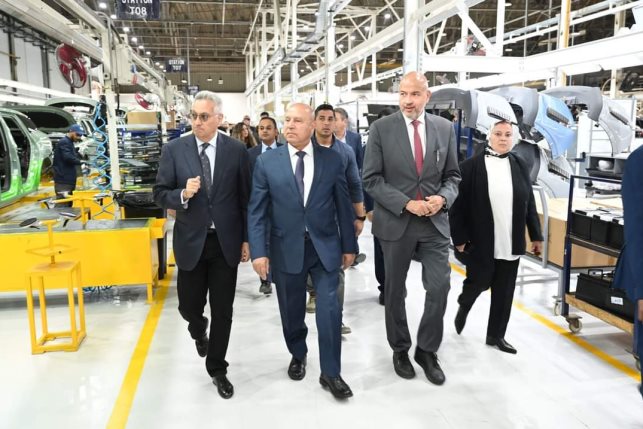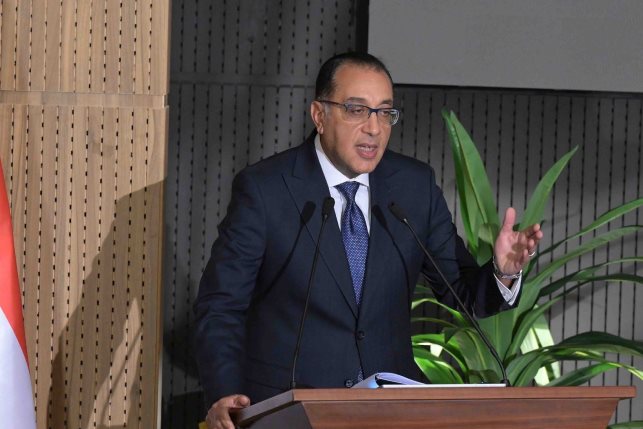Egypt attracts foreign investments, bolsters industrialization efforts
Creating an enabling industrial climate necessitates the presence of adequate infrastructure.
 The government's endeavors have resulted in the creation of 17 industrial complexes across 15 governorates - File Photo
The government's endeavors have resulted in the creation of 17 industrial complexes across 15 governorates - File Photo
Egypt has implemented a comprehensive economic program and reform plan since 2015, aimed at positioning the country as a top destination for investments.
Former Chairman of the Industrial Development Authority, Engineer Magdy Ghazi, highlighted the remarkable strides made by Egypt in recent years under the leadership of President Abdel Fattah el-Sisi.
These efforts have not only increased investment opportunities across all sectors but have also facilitated economic partnerships and cooperation with various countries worldwide.
Ghazi emphasized the direct correlation between economic development and the growth of the national industry. The industrial sector currently accounts for 11.7% of Egypt's Gross Domestic Product (GDP) and approximately 28.2% of employment, as per the latest available data.
It is therefore crucial to focus on the development of this sector, address obstacles and challenges facing industrial production and new investments, and streamline investment procedures for existing projects, with an aim to expand their scope.
Creating an enabling industrial climate necessitates the presence of adequate infrastructure. Infrastructure plays a pivotal role in sectors such as transportation and logistics.
The establishment of new roads and their strategic connectivity, along with modern infrastructure, has led to the creation of numerous industrial and residential zones near raw material sources and population centers.
This has significantly facilitated investment inflows into these previously hard-to-reach areas. Additionally, Egyptian ports have been interconnected, colossal railways have been developed, and an electronic network has been established to streamline customs clearance procedures and enhance the movement of goods within Egyptian ports.
Furthermore, notable progress has been made in the mega-project of the Alexandria Port, particularly the "Tahya Masr" multipurpose station, the expansion of the Sokhna Port docks by 15 kilometers, and the development of the Burj Al-Bahr port in Marsa Matruh.
These initiatives aim to facilitate trade between Egypt, Europe, and Africa, with a total cost of around EGP 2 trillion invested in modern transportation infrastructure.
Over the past eight years, investments in the electricity sector have amounted to one trillion Egyptian pounds, supporting both traditional and non-traditional electricity generation. Egypt has witnessed the establishment of 48 power projects, including the world's largest power stations in Beni Suef, Burullus, and the New Administrative Capital.
The total installed electricity generation capacity has reached approximately 59,893 megawatts. The power outages experienced during 2013 and the period of political unrest had a significantly negative impact on production, causing some productive economic sectors to cease operations temporarily.
In addition, the government's endeavors have resulted in the creation of 17 industrial complexes across 15 governorates, with a total investment cost of around EGP 10 billion. These complexes encompass 5,046 industrial units, directly providing approximately 48,000 job opportunities.
Egypt has also succeeded in establishing several major industrial cities, including the Furniture City in Damietta, the Textile City in Sadat City, and the ongoing development of the Food Industries City, also located in Sadat City.
Furthermore, the completion of the Rubiky Leather City and the establishment of the Pharmaceutical Industries City, among other projects, directly contribute to the priority sectors of production.
In recent months, Egypt has experienced a surge in foreign direct investment (FDI) inflows, with major multinational corporations expanding their operations in the country.
This signifies the confidence of international investors in Egypt's economic potential and the government's commitment to implementing reforms conducive to business growth.
The government has actively engaged in economic partnerships, signing numerous agreements and trade deals with various countries worldwide, fostering mutually beneficial relationships. These developments, coupled with the ongoing implementation of large-scale infrastructure projects, indicate a positive trajectory for Egypt's economic performance.





